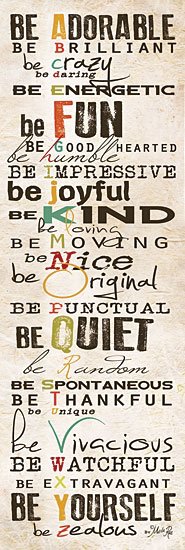In early childhood education and initiatives to promote parent interactions with their children, early literacy skills are emphasized, and early math skills are often neglected. While learning to read is extremely important (as is building executive functioning and social emotional skills), mathematical thinking needs to be brought up to the same standard if we want our children to be able to function in our increasingly technological world.
Early math skills are important of course for later math skills, but research finds that early math skills are also predictive of later success in literacy. And yet, being 'bad at math' is still seen as socially acceptable, where as hardly anyone says that they're 'bad at reading'. Part of this is because people don't understand what mathematical thinking really is - they think that it's calculus and linear algebra - when really, mathematical thinking is about being able to problem solve, follow a logical flow, see similarities and differences, and analyze data. Math is just a way to understand the world around us.
There are some outside initiatives (after school programs, etc) that are working on promoting early STEM skills, but the change also needs to come in daycares and schools and in homes. Unfortunately getting parents and teachers to help their children develop math skills is not as easy as telling them to read more books to the kids*. The adults need to be interacting mathematically, talking about numbers, noticing ways to group objects, helping their little ones to recognize patterns. Learning early math doesn't happen in a vacuum - kids need to have high-quality interactions.
I'm hoping through the new @EarlyMath Twitter feed, I can start to build a community of early math supporters and disseminate information about some best practices.
*Of course, developing literacy isn't as easy as just reading more books, but it is an initial step in the process that's easy to market and promote.

 RSS Feed
RSS Feed
